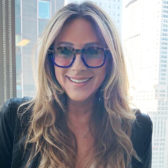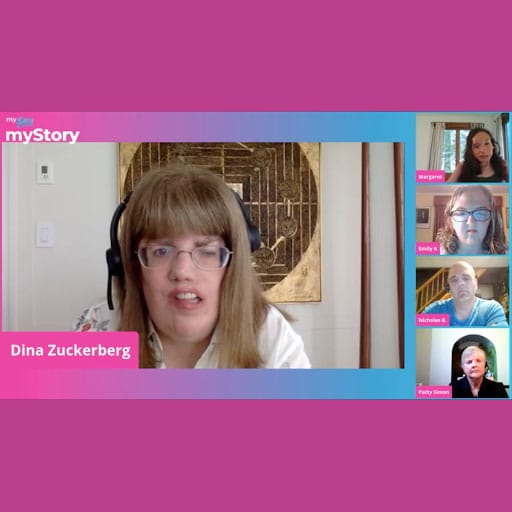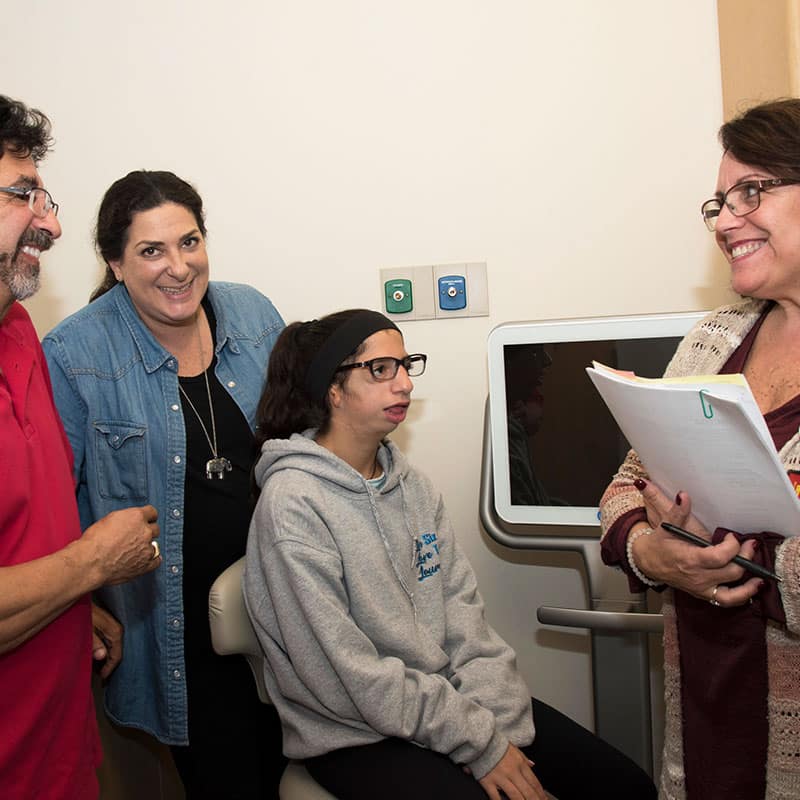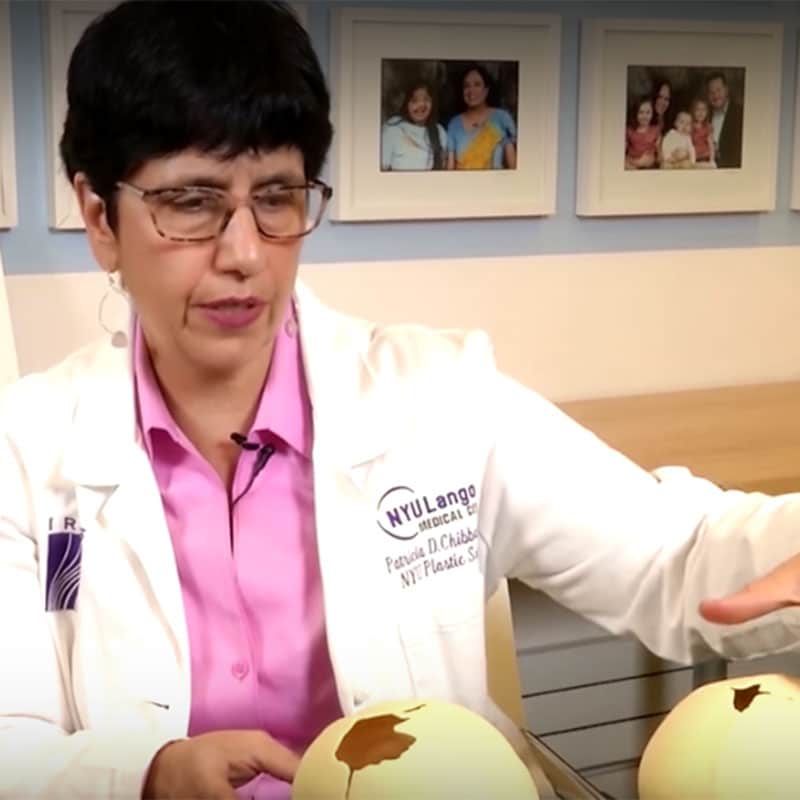WAYS TO BOOST OUR IMMUNE SYSTEM

The myFace Team was delighted to spend some time with Deborah Malkoff-Cohen, MS, RD, CDN, CDE, Registered Dietitian, myFace Center for Craniofacial Care at NYU Langone Health who answered some basic questions about nutrition.
What recommendations do you have to make sure we are getting a healthy diet?
Eating healthy is critical to boost your immunity and stay strong to stave off illness. I encourage you to review this list of essential Vitamins and Minerals that will help you make educated nutrient-rich food choices during this time.
One of the important immunity boosting vitamins is often neglected, Vitamin D! Adequate levels are needed to help fight off bacteria and viruses that try to invade the body. There are few foods that contain Vitamin D (fatty fish like salmon, tuna and mackerel) but the best source comes from direct exposure from the sun on our skin. Our skin can convert Vitamin D however; we need to also balance out skin cancer risk, and sunscreen blocks the conversion. This is why typically most individuals need to supplement.
Here is a link to Vitamin D dose recommendations from the National Institute of Health. When checking lab work, blood levels of children should be between 50-75 ng/mL, adults 40-80 ng/mL. Supplementation doses would be much higher if patients were deficient and should be prescribed by a physician.
How can we prepare easy meals at home?
Pull out the slow cooker or crock pot, it’s my favorite for 1 million reasons! First you can cook any meat in it (except fish because it is too delicate and will break apart). I find that even the toughest cuts of meat will work (pork chops, beef shoulder, etc.) You can add any vegetables, potatoes, root vegetables, etc. or use dried beans to save money.
**Just remember to soak dried beans overnight, drain and rinse then add back to crockpot.
You can make soups, stews, pulled pork, pulled chicken, macaroni and cheese, oatmeal…you name it. ANYONE can do it…no cooking skills are required…just chop, throw it in and press start!
When kids have issues with texture, or a parent is concerned about making sure their child is getting enough calories what should they do?
Many of our cleft and craniofacial kids have texture issues with food. Some tend to only eat soft or pureed foods, like bananas, mushy macaroni and cheese, hummus, meatballs, applesauce and yogurt; while others prefer hard/crunchy foods such as pretzels, carrots, chips, cucumber, granola and freeze dried fruits. In addition, for some children, weight gain can be a concern especially when coupled with texture preferences and issues with chewing.
Please see this chart on textures and adding calories as quick guide to how you might address your child’s preferences and how to make meals more calorie dense.
What should families do if they have more questions?
myFace is here to support you and help your family navigate this challenging time. Don’t hesitate to contact me via email deborah@myface.org or by phone 212-263-5834. If you need to reach the myFace staff please write to info@myface.org or you can call us at 917-720-4701 Monday through Friday, 9am–5pm, Eastern Time.








